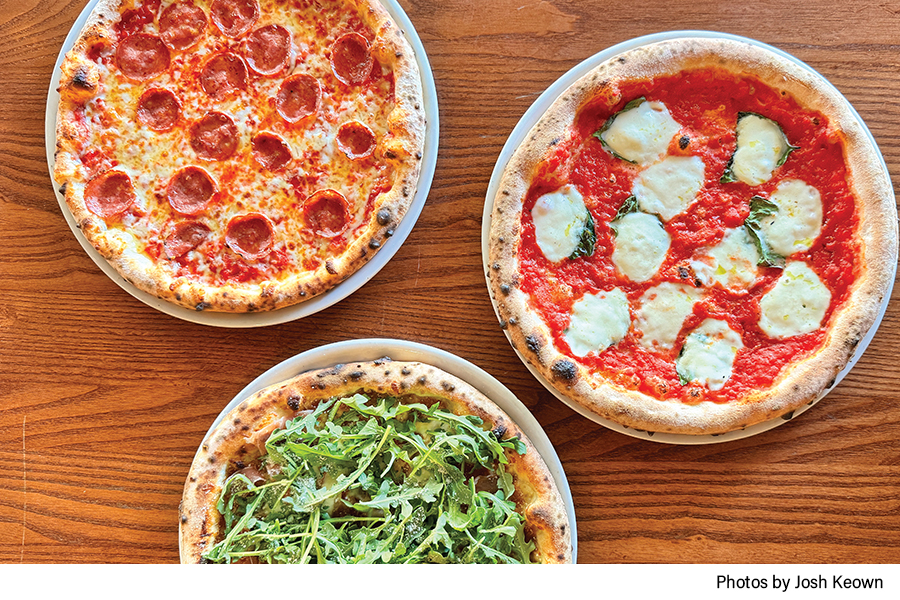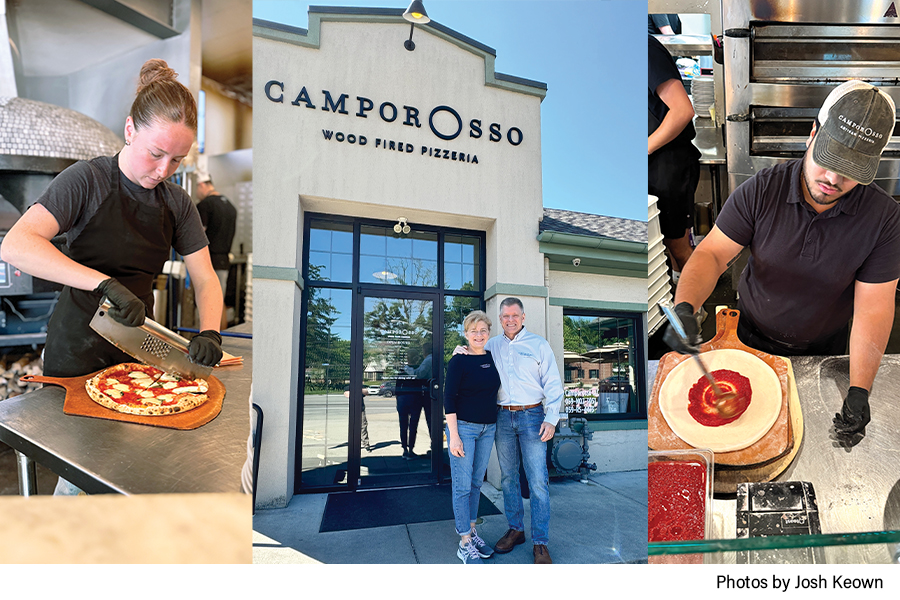How to handle the seasonal staff exodus at restaurants and pizzerias
Handling the exodus. It’s a little dramatic, but it might feel like that when you have one, two or maybe even three employees that decide to leave all at once. I’ve noticed that an exodus happens about the same time each year, right after the holidays and when school starts. People have gone through all the adrenaline of that season, are ready for a change, and start to believe the grass might be greener somewhere else.
It’s a common challenge that happens to every restaurant at some point. Losing great employees is disruptive and costly, but you can minimize or avoid this impact with the right practical strategies. Here’s how to handle this:
1. The Eval:
A solid conversation addressing all concerns brought up in a frank, open discussion will prevent something from going awry. Ambiguity is your enemy, and getting in front of the problem can help set you up for success and keep the wandering mind from thinking of moving on. Find out what they believe is going right, nail down what is going wrong with them or what they perceive as wrong, and map out a growth plan to address each issue.
2. Pay and Benefits:
What are they moving towards, and how will you compensate them when they accomplish this? By the
employee knowing that there’s more to come — with a clear path — breeds clarity. It must be clear that they’re not just getting more money because they’ve existed at your restaurant longer; the plan must build towards both parties set up for growth and success. This conversation creates a clear verbal contract for your mutual benefit.
3. Be Cool:
Especially after a crazy summer or a crazy holiday season, people might feel burnt out. Especially if the restaurant environment has been aggressive or not fully productive by all members, they might feel unappreciated and that this is their time to exit. Ensure you have a positive work environment; if you don’t, address whatever is lacking with a plan to fix it; getting in front of the issues that destroy morale is a daily task. Solid managers in a positive work environment create employee retention.
4. The Schedule:
If you didn’t have leeway in the schedule, make time and make leeway. It’s way cheaper to figure out what you’re going to do with one missed Sunday shift than 4-6 more without that employee in the mix. Being a hardliner on a few days of the week is not in your best interest. No one should have free rein to do whatever they want, but figure it out for employees who provide excellent service and earn money for your business. Compromise with them and game the schedule hard because it’s in your best interest to keep great players in the mix.
5. Appreciation:
Retain the talent by showing appreciation, giving gifts, and making good swag. Let all employees know beyond more than just money that you care about them. Whether that’s a party, one they want to have, or individual gifts that pertain to things they’re interested in, this is how you build employees who know you care.
6. Know When to Give In:
My business is a boomerang for great talent that eventually moves on to come back one day because we leave on good terms.
Don’t kill yourself over trying to save someone who does not want it anymore or has their mind made up that they need to venture out. This is a hard pill to swallow, but if they’ve already made up their mind, now you’re just trying to convince a body to stay on site that doesn’t want to be there. If you have addressed all their concerns and they still don’t want to work there, then understand if someone doesn’t want it, it’s a fool’s errand to try and save it.
7. Have a Plan:
People are going to quit and leave your restaurant; it’s inevitable. Always have a backup plan. Always have another ace in your back pocket, ready to fill that spot. If you don’t, work on your contingency plans during the great times. Recruit during the good times, train more, and onboard more during the fully-staffed times because a fully-staffed crew becomes dilapidated the second you think you’re riding high on that success and stop hiring.
In conclusion, handling this is a critical component of running a successful restaurant; offering a more incredible place to work, great opportunities to grow, a flexible schedule, addressing problems and issues, and killing the ambiguity before it becomes real is how you have a plan in place for success all year round, even during an exodus.
Mike Bausch is the owner of Andolini’s Pizzeria in Tulsa, Oklahoma. Instagram: @mikeybausch







